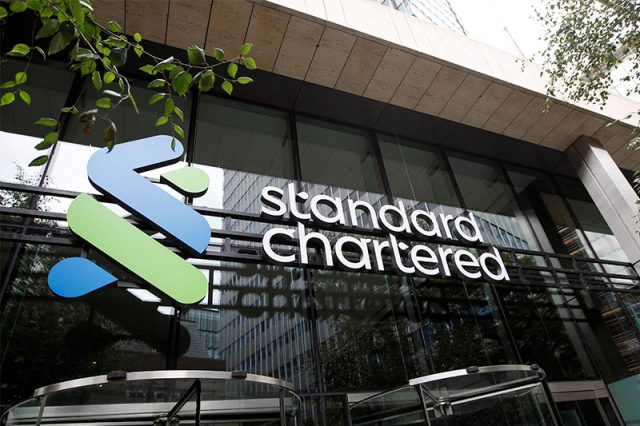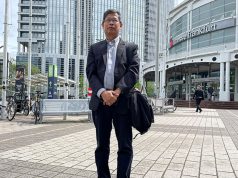
- NGOs file complaint with UK government office
- Say four coal plants damaged the environment, human rights
- Follows IFC investigation that accepted negative impacts
LONDON — Environmental and human rights groups have filed a complaint with a British government mediation body against Standard Chartered STAN.L over its financing of four coal-fired power plants in the Philippines, the groups told Reuters on Thursday.
The Philippine Movement for Climate Justice, Inclusive Development International (IDI), Recourse and BankTrack accuse Standard Chartered of breaching the rights of local communities by financing the operations and are asking it to help compensate those affected and strengthen its related policies.
Local communities have suffered forced evictions, loss of livelihoods, air- and water pollution-related respiratory and skin diseases, and intimidation and violence, that could have been prevented by effective bank due diligence, the groups said.
The complaint was filed with Britain’s National Contact Point for Responsible Business Conduct (NCP), a government unit that investigates breaches of the OECD Guidelines for Multinational Enterprises, a framework for businesses to operate responsibly.
Standard Chartered declined to comment when contacted by Reuters. The NCP did not immediately return requests for comment.
While the NCP cannot compel Standard Chartered to act or pay compensation, Britain’s export credit agency has said it will consider NCP findings when deciding on backing companies and banks in the financing of projects.
A total of 51 countries have so far set up an NCP. In Australia, ANZ Bank agreed to compensate Cambodian communities displaced by a sugar company it helped finance after going through a similar process.
“Standard Chartered knew or ought to have known that these coal plants would wreck the environment and cause serious harm to local communities, but it financed them anyway and then ignored our repeated requests to contribute to remediation efforts,” said IDI Executive Director David Pred in a statement.
— Reporting by Simon Jessop in London; Editing by Alexandra Hudson





